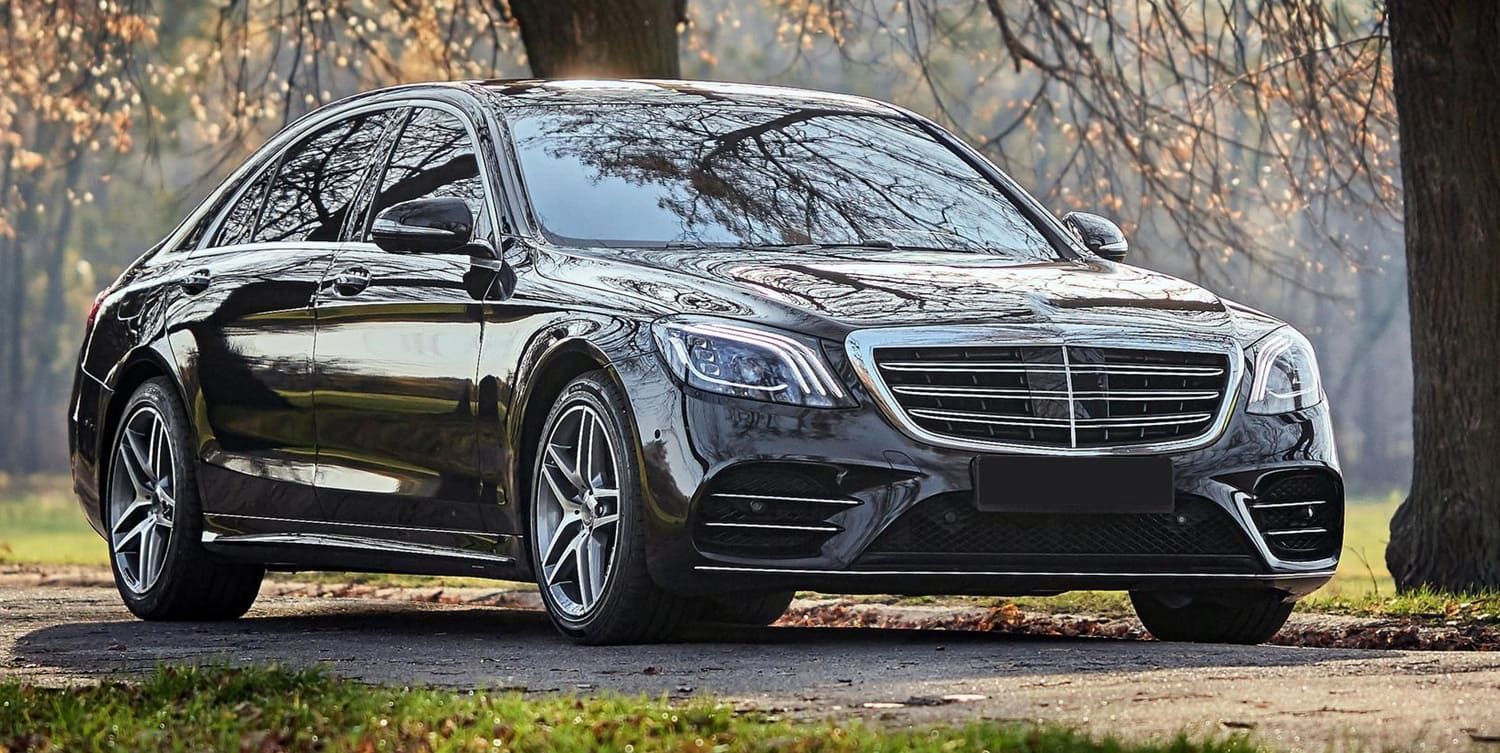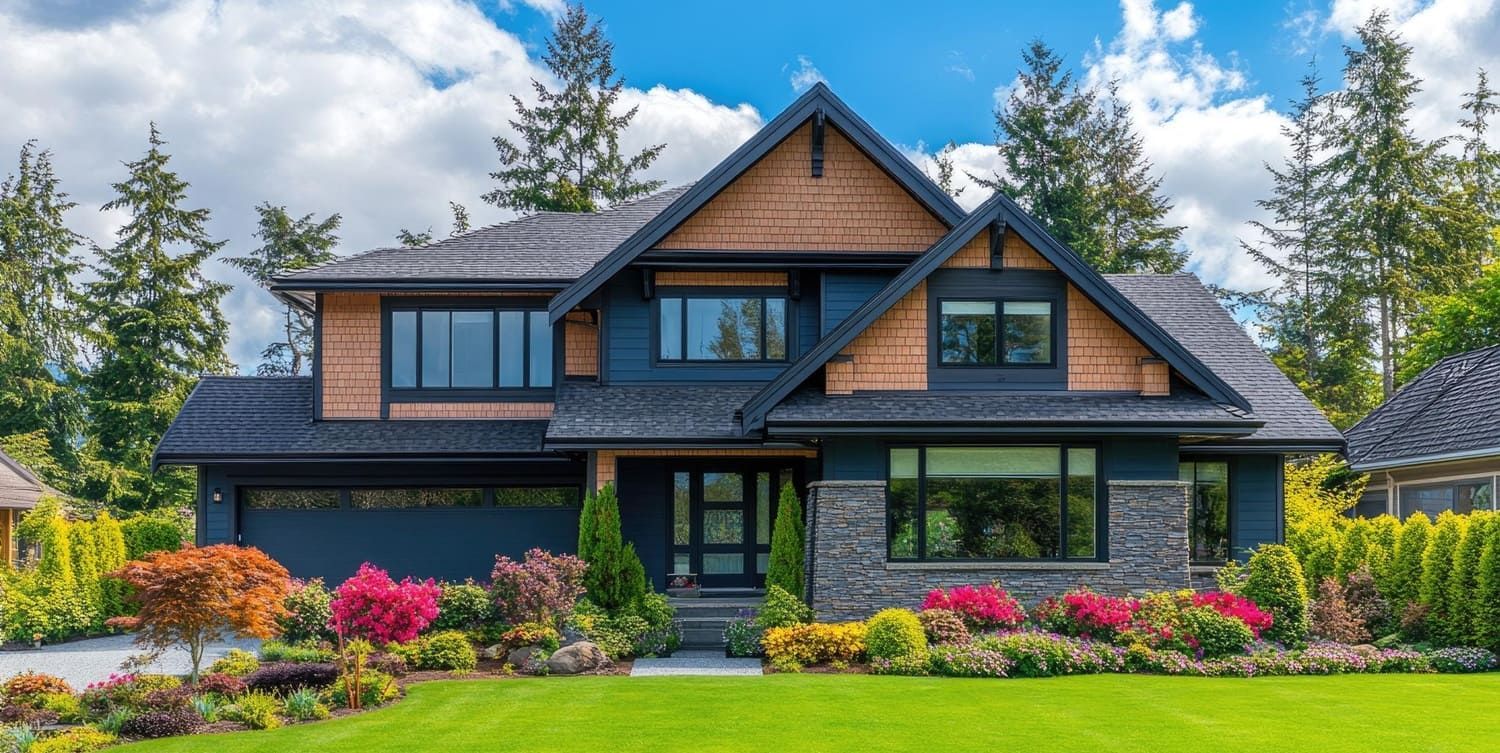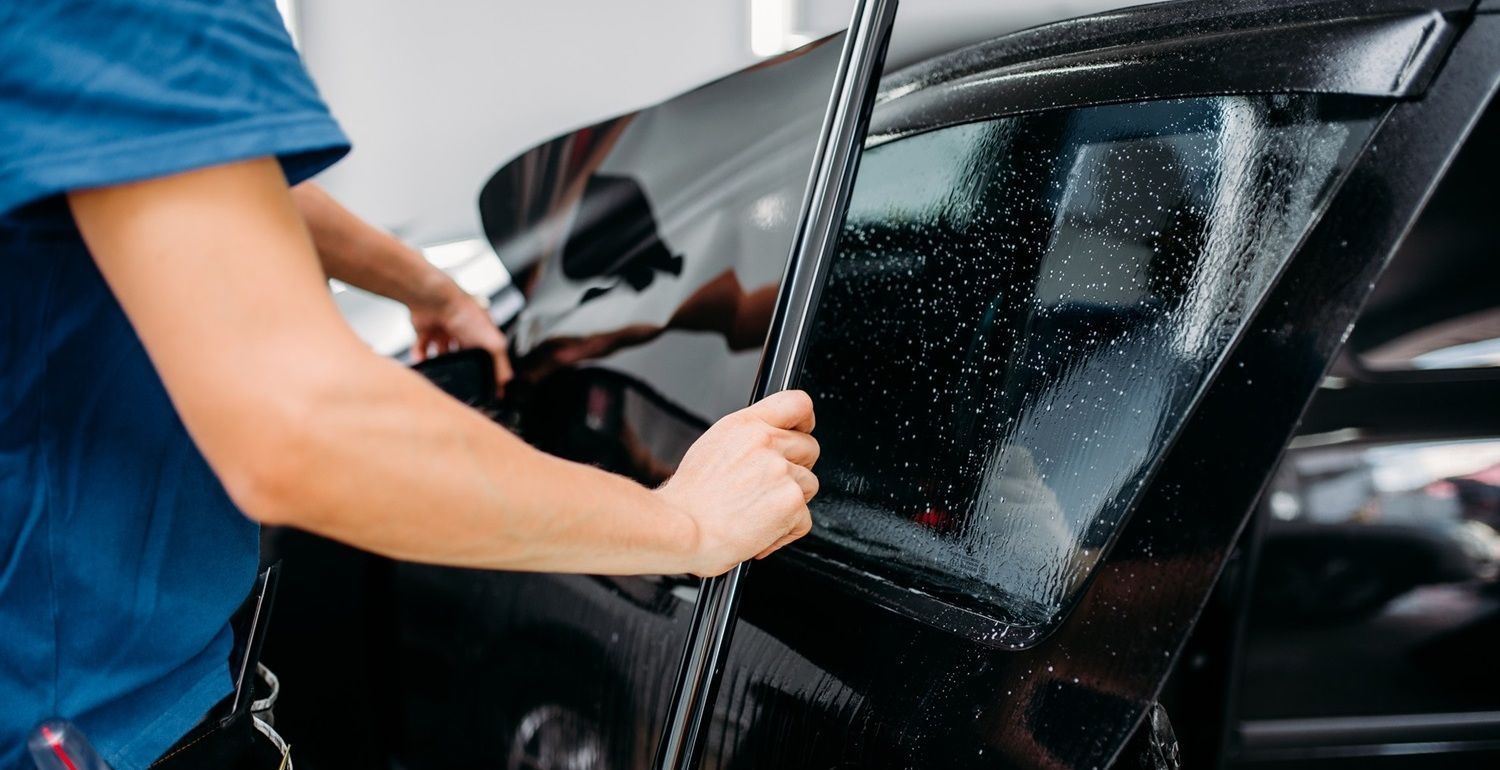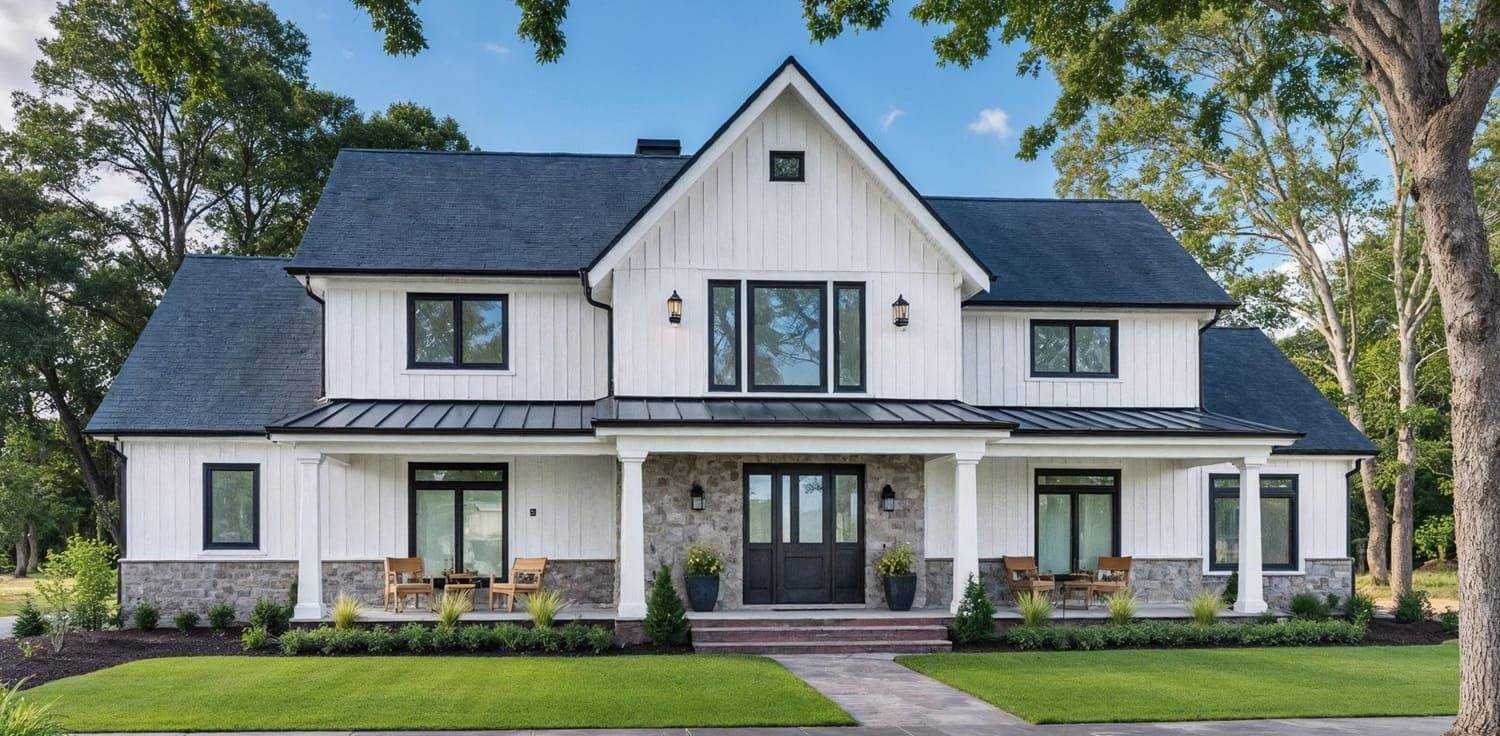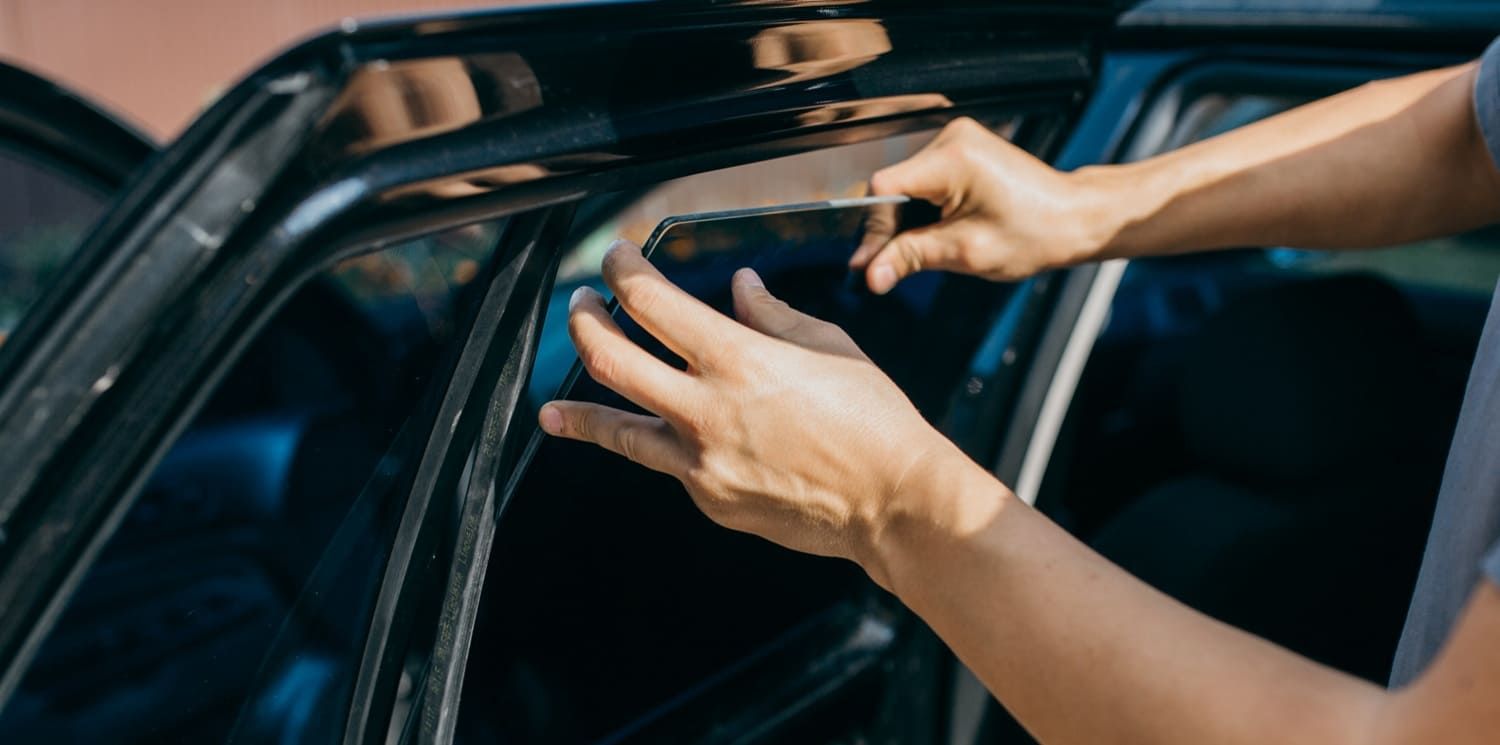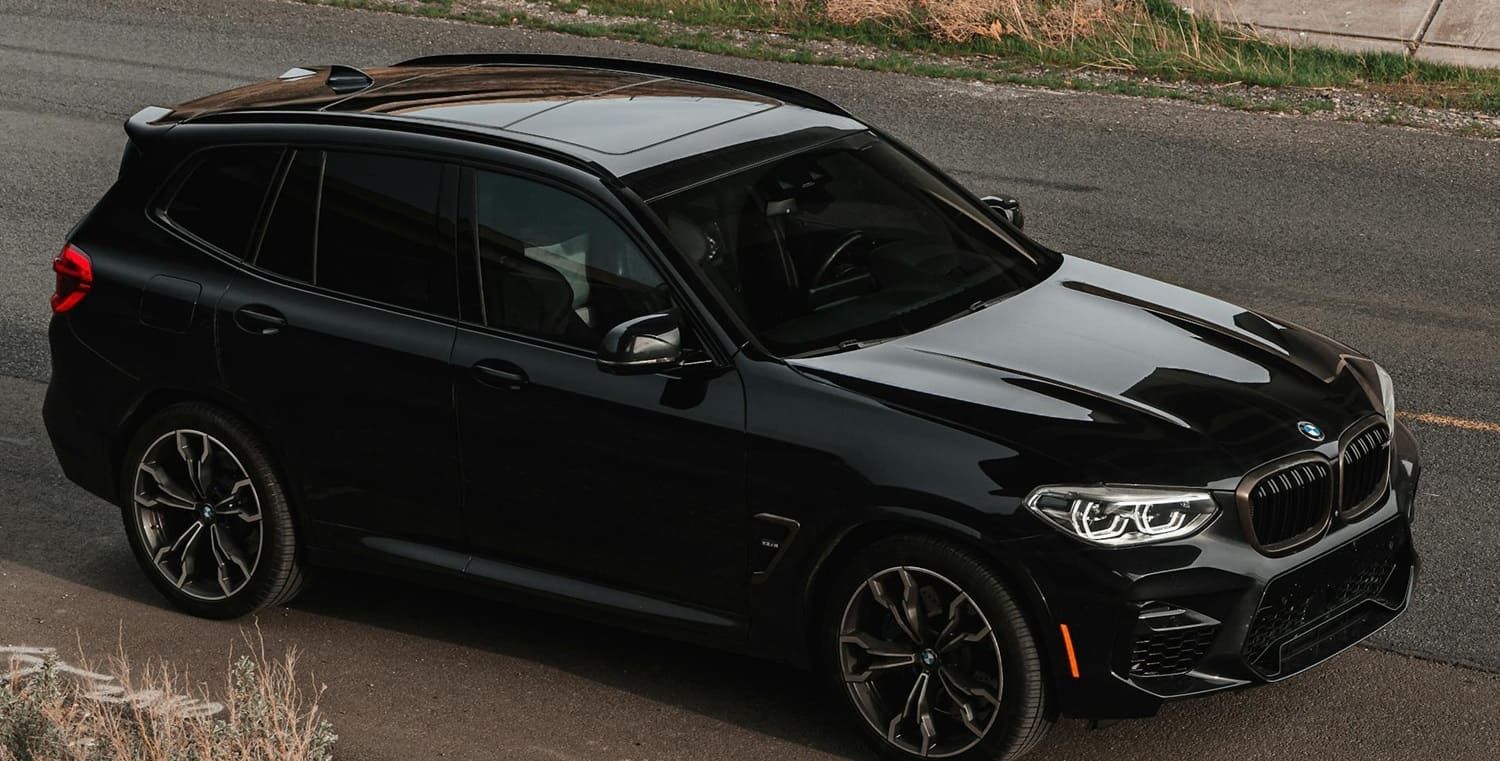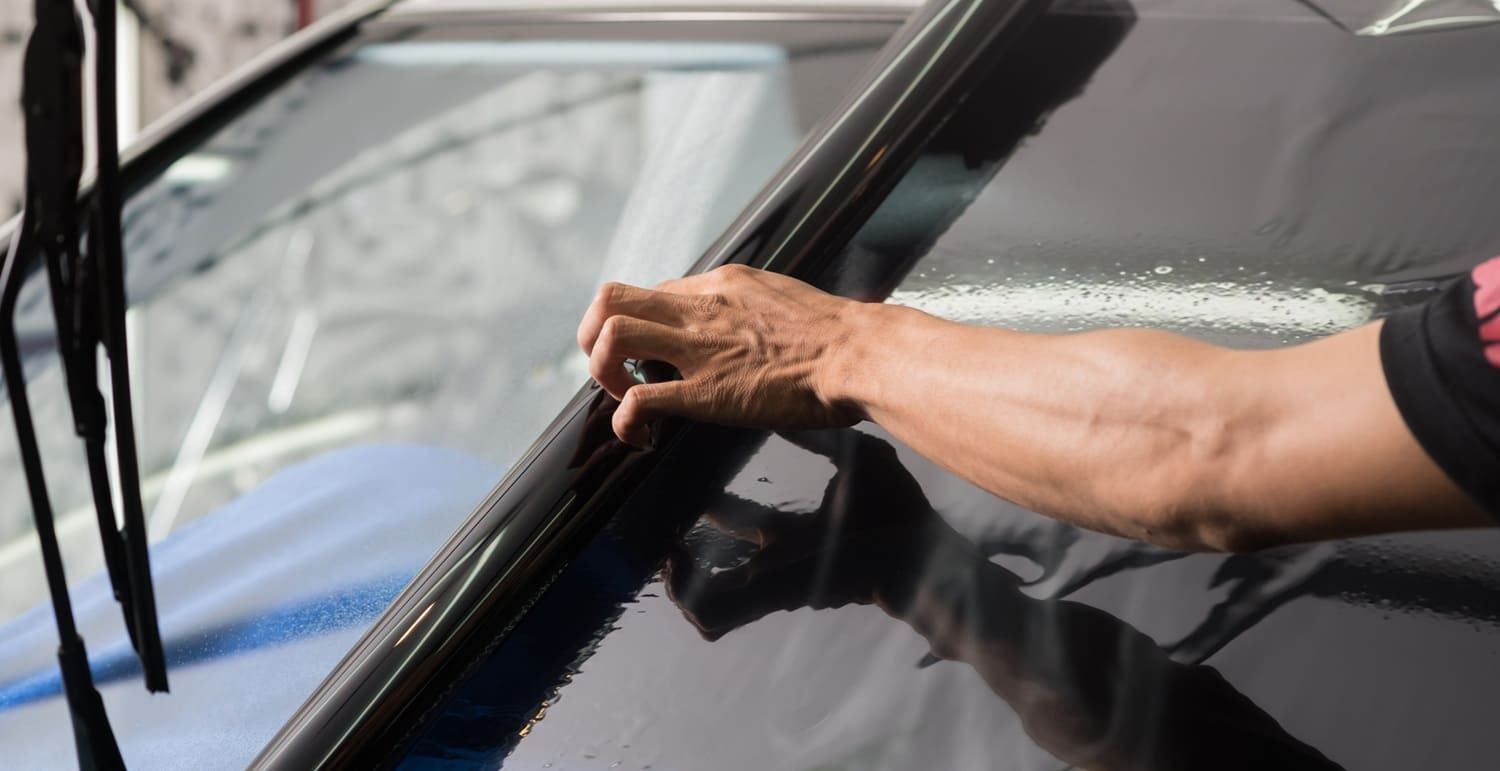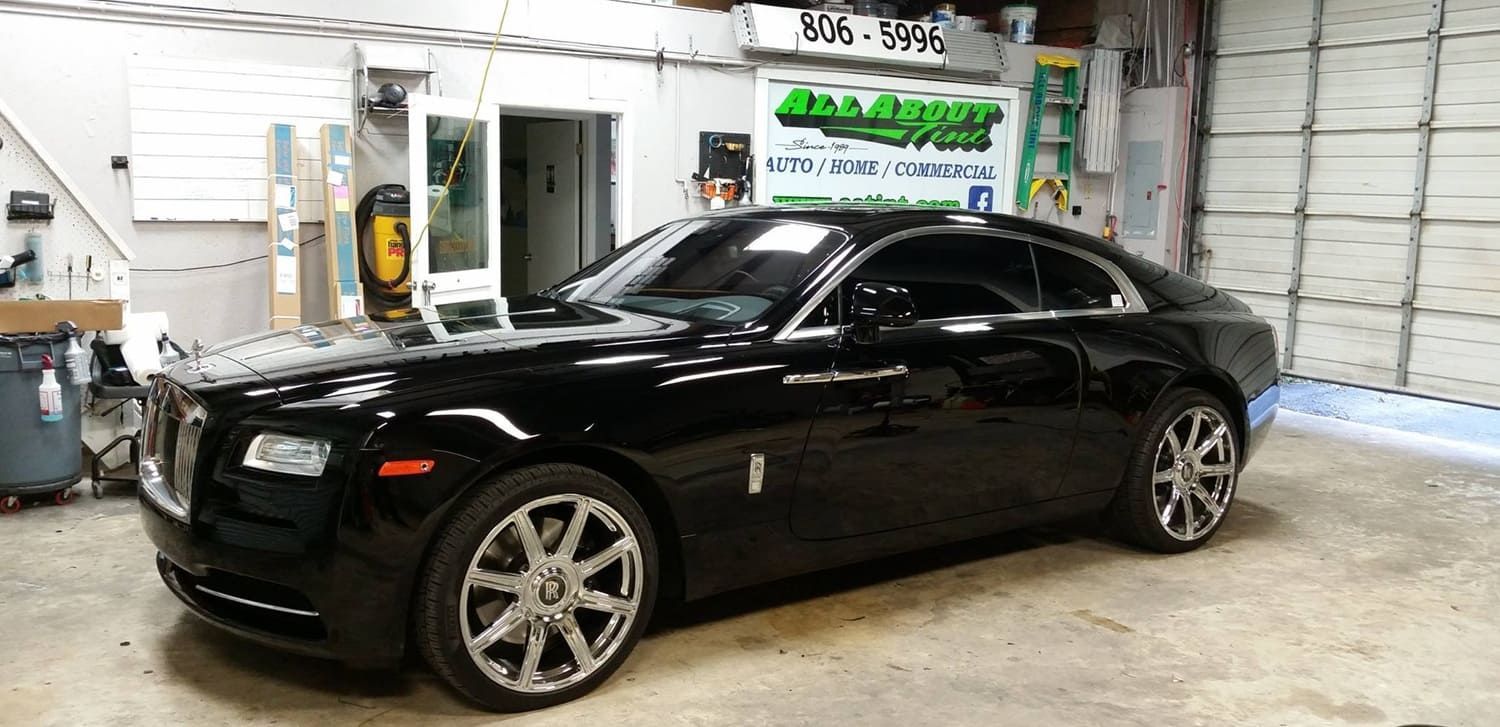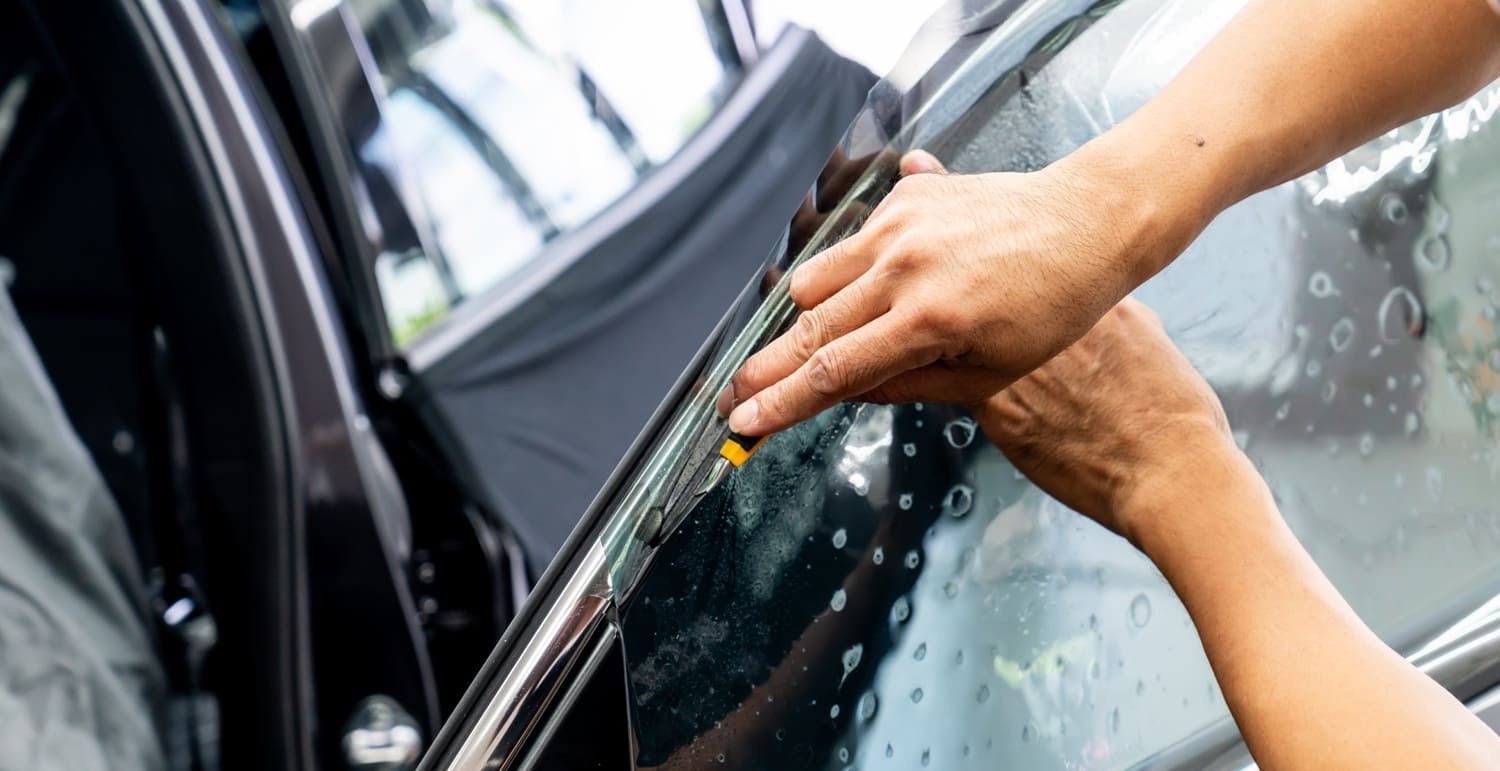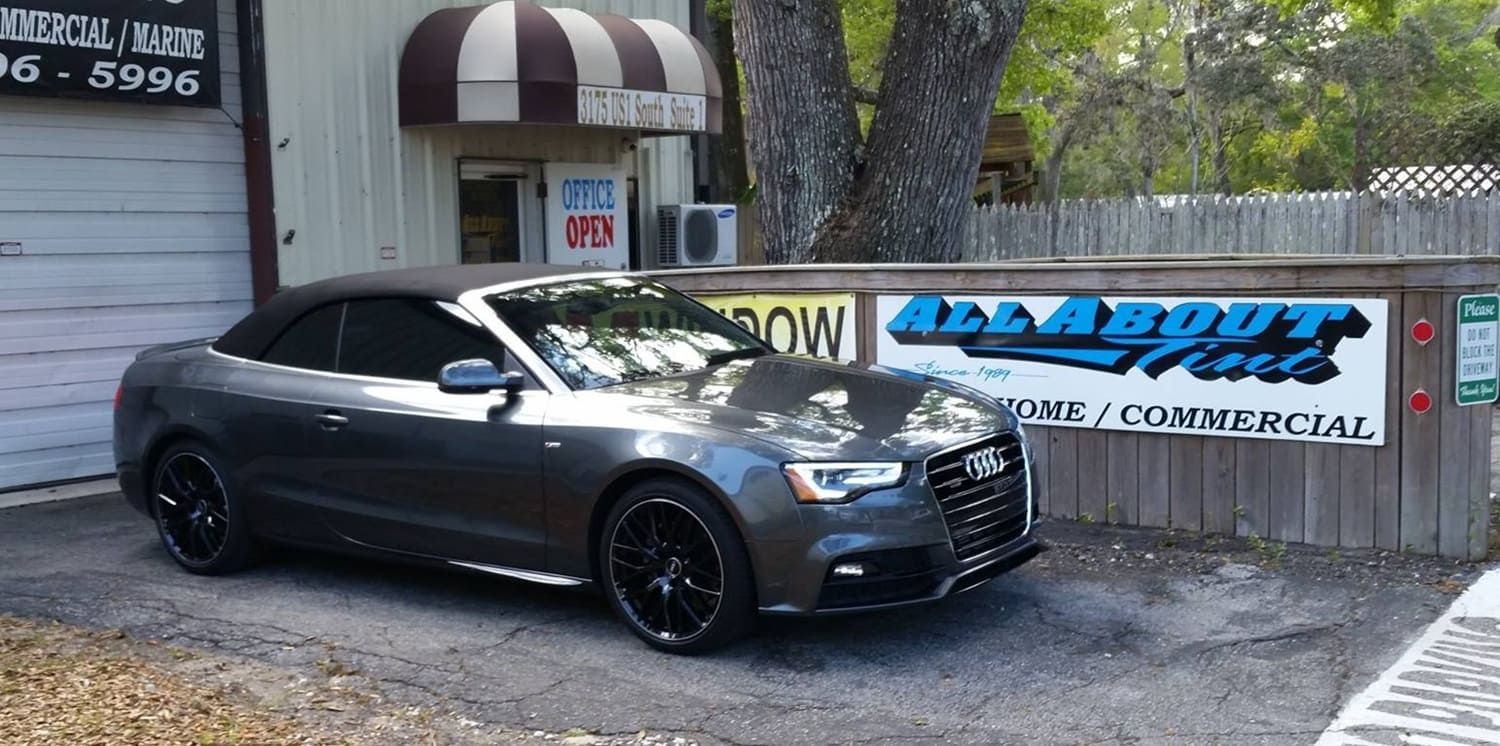Is Ceramic Window Tint Worth the Extra Investment?
Ceramic window tint is gaining popularity among car owners. It promises superior performance and long-lasting benefits. But is it worth the extra investment?
This article explores the advantages and drawbacks of ceramic window tint. We'll compare it with other options like carbon tints. Our goal is to help you make an informed decision.
Ceramic window tint offers excellent UV protection and heat rejection. It also enhances privacy without compromising visibility. These features make it a top choice for many.
However, the cost is higher than other tints. We'll discuss whether the benefits justify the price. Stay tuned to learn more about ceramic window tinting.
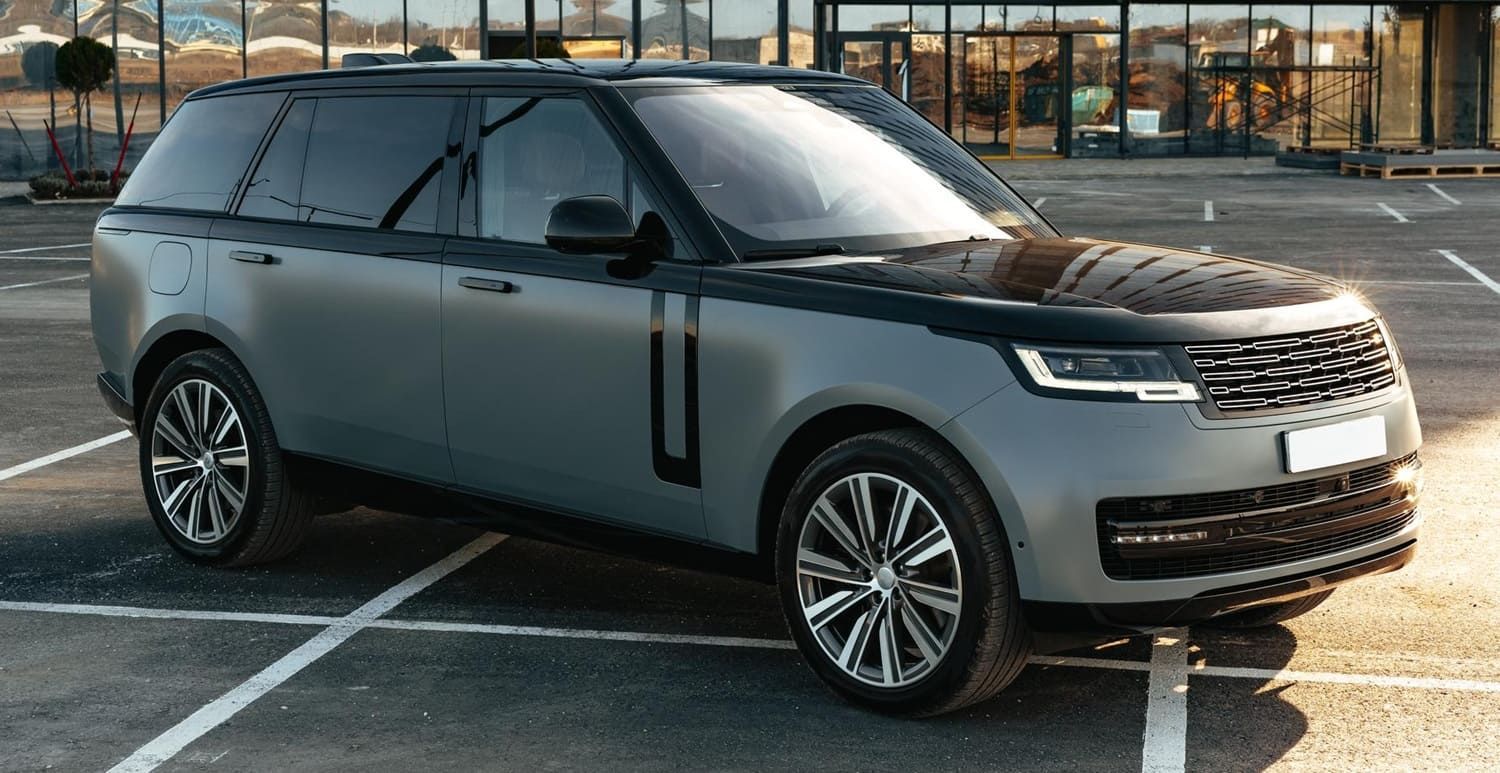
What Is Ceramic Window Tint?
Ceramic window tint is a type of car window film that uses nano-ceramic technology. This innovative method gives it distinct advantages over traditional tints.
Unlike dyed or metallic tints, ceramic window film is non-metallic. This characteristic ensures no interference with electronics. Devices like GPS or mobile phones work flawlessly.
A key feature of ceramic tint is its composition. It contains tiny ceramic particles not visible to the naked eye. These particles offer a host of benefits.
Key qualities include:
- Exceptional heat rejection
- Superior UV protection
- Enhanced glare reduction
- Greater durability and scratch-resistance
Ceramic window tint does more than protect. It enhances the vehicle’s appearance with a sleek, modern look. Its clarity maintains visibility while offering privacy. This makes it a favored choice among luxury car owners.
How Does Ceramic Window Tint Work?
Ceramic window tint operates through the power of nano-ceramic particles embedded in the film. These particles are incredibly effective at absorbing heat.
Unlike metallic films, ceramic tints do not rely on shiny particles. This means they don't reflect and instead absorb. This absorption helps to maintain a consistent interior temperature.
The film allows visible light to pass while blocking harmful UV rays and infra-red light. This feature results in a cooler, more comfortable ride. The benefits include:
- Efficient heat absorption
- Blocks up to 99% of UV rays
- Allows visible light for clear vision
- Does not interfere with electronics
Enhanced comfort and protection characterize this advanced technology. It ensures maximum heat rejection without signal interference. The science behind it is both simple and highly effective. Its superior performance is reshaping the standards in car window tinting.
Ceramic Window Tint vs Carbon: Key Differences
When choosing between ceramic window tint and carbon window tint, it's essential to understand their differences. Ceramic tints are known for superior heat rejection. Carbon tints, however, offer commendable performance at a lower price.
Ceramic window tint is more effective in blocking UV rays, often up to 99%. It maintains clarity while reducing glare. In contrast, carbon tints also block UV rays but are somewhat less efficient in glare reduction.
The non-metallic nature of ceramic tints ensures no interference with signals. This makes them ideal for modern vehicles with many electronic devices. Carbon tints, while also non-metallic, do not perform as well as ceramic when it comes to interference reduction.
Both options are durable and do not fade like dyed tints. Yet, ceramic tints have greater longevity due to their scratch-resistant nature. When comparing:
- Ceramic: Superior heat rejection and UV protection
- Carbon: More affordable with decent performance
- Ceramic: No signal interference, very durable
- Carbon: Non-metallic, doesn't fade easily
Ultimately, the choice depends on priorities. Ceramic offers better performance, while carbon provides value for money. Evaluating needs can guide the decision.
Benefits of Ceramic Window Tint
Ceramic window tint offers numerous advantages, making it a popular choice. One of its key benefits is superior heat rejection. This keeps your car cooler, even on hot days, reducing the need for air conditioning.
UV protection is another significant benefit. Ceramic tints can block up to 99% of harmful UV rays. This not only protects your skin but also prevents interior fading and sun damage.
Unlike some tints, ceramic window film doesn’t interfere with electronic signals. This ensures that devices like GPS, radios, and cell phones function without disruption. Drivers can stay connected while enjoying the benefits of window tinting.
Another benefit is enhanced glare reduction. Ceramic tints provide a clearer and more comfortable view, enhancing safety on sunny days. This is especially valuable for those who frequently drive during bright midday hours.
Finally, ceramic window tint is more durable than other types. It resists scratches, does not fade, and offers long-lasting performance. Investing in ceramic tints can yield long-term value and satisfaction.
Key benefits include:
- Superior heat rejection
- Excellent UV protection
- No signal interference
- Enhanced glare reduction
- Long-lasting durability
Drawbacks and Considerations
While ceramic window tint offers many benefits, it's essential to consider some drawbacks. The primary concern is cost. Ceramic tints are typically more expensive than other options like carbon or dyed tints. This higher price might not fit everyone's budget.
Another consideration is the need for professional installation. DIY enthusiasts might find installing ceramic tints challenging. Proper application requires expertise to ensure optimal performance and appearance. Mistakes during installation can lead to bubbles or peeling.
Some people may also find the decision-making process overwhelming due to the variety of shades available. Choosing the right tint level while adhering to legal standards is crucial.
Key considerations include:
- Higher cost
- Need for professional installation
- Variety of shades to choose from
Cost Comparison: Ceramic vs Other Window Tints
When considering car window tinting, cost plays a crucial role in decision-making. Ceramic window tint stands out for its premium quality, but it comes at a higher price. Typically, ceramic tinting costs more than carbon or dyed alternatives. This can be a deterrent for budget-conscious consumers.
Despite its higher cost, ceramic window tint offers significant advantages. Its durability and performance may justify the investment for many. This is particularly true for those living in harsh climates or who seek maximum comfort and protection.
In comparison, carbon tints offer a mid-range option. They provide decent UV protection and heat rejection at a lower price than ceramic. Dyed tints, while the most affordable, may fade and offer less durability.
To help differentiate:
- Ceramic: High cost, high performance
- Carbon: Mid-range price, adequate performance
- Dyed: Low cost, basic performance
Ultimately, the decision hinges on balancing budget with desired benefits. For those prioritizing quality and longevity, ceramic may be worth the extra investment.
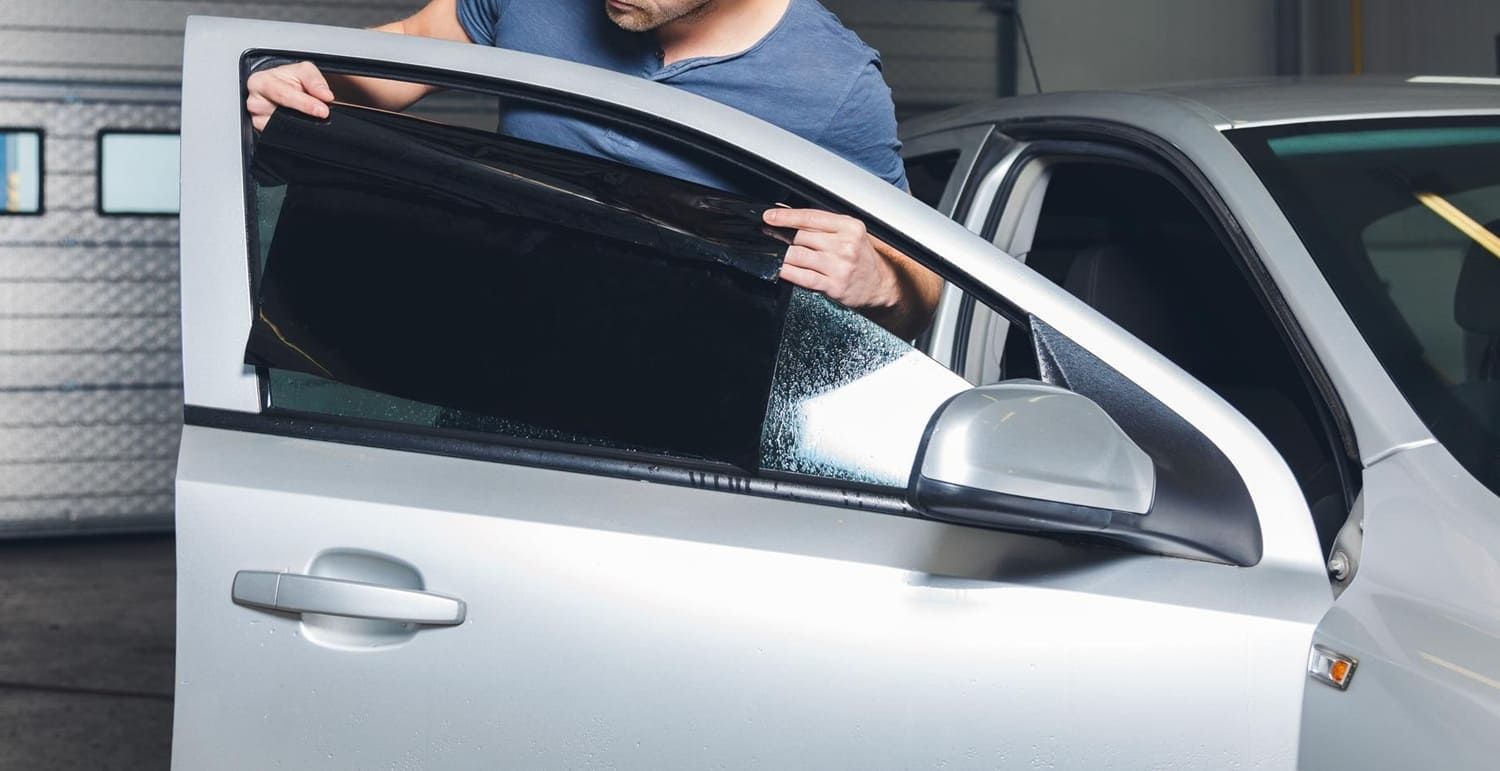
Is Ceramic Window Tint Worth the Extra Investment?
Deciding whether ceramic window tint is worth the extra cost depends on your needs and priorities. If your main concerns are longevity and heat rejection, ceramic tints can be an excellent choice. They offer benefits that often outweigh their higher price in the long run.
For those seeking superior UV and heat protection, ceramic window tint delivers outstanding performance. It not only keeps your car cooler but also protects your skin and interior from harmful rays. This can reduce the need for air conditioning, saving on energy and fuel costs over time.
Additionally, the aesthetic appeal and increased privacy offered by ceramic tints can enhance your driving experience. The sleek look can even add value to your vehicle. However, this investment is best for those who plan to keep their car long-term and who value performance over initial cost.
Key considerations include:
- Long-term savings
- Enhanced comfort and UV protection
- Increased privacy
Ceramic window tint is typically favored by car enthusiasts and luxury car owners. If you prioritize high quality and are willing to invest, ceramic tinting might be the right choice for your vehicle.
How to Choose the Right Window Tint for Your Car
Selecting the perfect window tint for your vehicle is crucial. It involves more than simply picking the darkest shade. Consider factors like heat rejection, UV protection, and local tinting laws to ensure your choice meets all your needs.
Understanding your priorities will help guide your decision. If privacy is your primary concern, opt for a darker shade that complies with legal requirements. If reducing heat and increasing UV protection are priorities, ceramic tints provide excellent performance.
Here are key factors to consider:
- Local regulations: Check legal limits on tint darkness.
- Performance needs: Decide between ceramic, carbon, or dyed options.
- Budget: Balance cost with desired benefits.
Finding a balance between aesthetic appeal, functionality, and budget can lead to the perfect tint choice for your car.
Installation Tips and What to Expect
Installing ceramic window tint is a straightforward process but requires professional expertise. A skilled installer can ensure a seamless application and optimal performance. The installation should not take more than a few hours, depending on your vehicle's size and complexity.
Before heading to the shop, keep these tips in mind:
- Choose a reputable installer: Experience matters for quality results.
- Check vehicle before installation: Clean windows ensure better adhesion.
- Follow post-installation care: Avoid rolling down windows for a few days to allow proper curing.
These steps help maintain the durability and effectiveness of your ceramic window tint.
Frequently Asked Questions About Ceramic Window Tint
Many car owners have questions about ceramic window tint's effectiveness and benefits. Here are some common inquiries to help clarify its advantages.
- Does ceramic tint block UV rays? Yes, it blocks up to 99% of harmful UV rays.
- Can I see clearly through ceramic tint? Absolutely, it provides excellent clarity from inside the vehicle.
- Will it interfere with my electronics? No, ceramic tint does not affect electronic signals or devices.
These answers should help address some of your concerns about choosing ceramic window tint for your car.
Conclusion: Should You Invest in Ceramic Window Tint?
Deciding on ceramic window tint involves weighing the benefits against the cost. With ALL ABOUT TINT in St. Augustine, FL, a trusted LLumar SelectPro Dealer and the best car window tinting installers near you, you can be confident in getting the highest quality products and expert installation. Ceramic tint’s superior performance in heat rejection, UV protection, and longevity makes it a smart choice for protecting both your vehicle and your comfort.
While ceramic tint may be pricier, the comfort and protection it offers justify the investment. For many car owners in St. Augustine, ceramic tint's long-term advantages outweigh the initial cost. If you prioritize quality and durability, choosing ceramic window tint from ALL ABOUT TINT is a worthy option to consider for your vehicle.
Contact ALL ABOUT TINT in St. Augustine, FL today for your free estimate and discover the difference professional LLumar SelectPro ceramic tinting can make.
FAQs About Ceramic Window Tint Value
What makes ceramic window tint different from regular tint?
It blocks more heat, UV rays, and glare without losing clarity.
Is ceramic tint more expensive than standard tint?
Yes. It costs more due to advanced materials and performance.
Does ceramic tint last longer than other films?
Yes. It is highly durable and resistant to fading or bubbling.
Will ceramic tint interfere with GPS or phone signals?
No. Unlike metallic tint, it does not block electronic signals.
How much heat can ceramic tint reject?
It can block up to 80 percent of infrared heat.
Does ceramic tint improve comfort inside the car?
Yes. It keeps the cabin cooler and reduces glare while driving.
Is ceramic tint worth the extra investment?
Yes. Its long-term performance outweighs the higher upfront cost.
Does ceramic tint help protect car interiors?
Yes. It prevents fading, cracking, and sun damage to upholstery.


